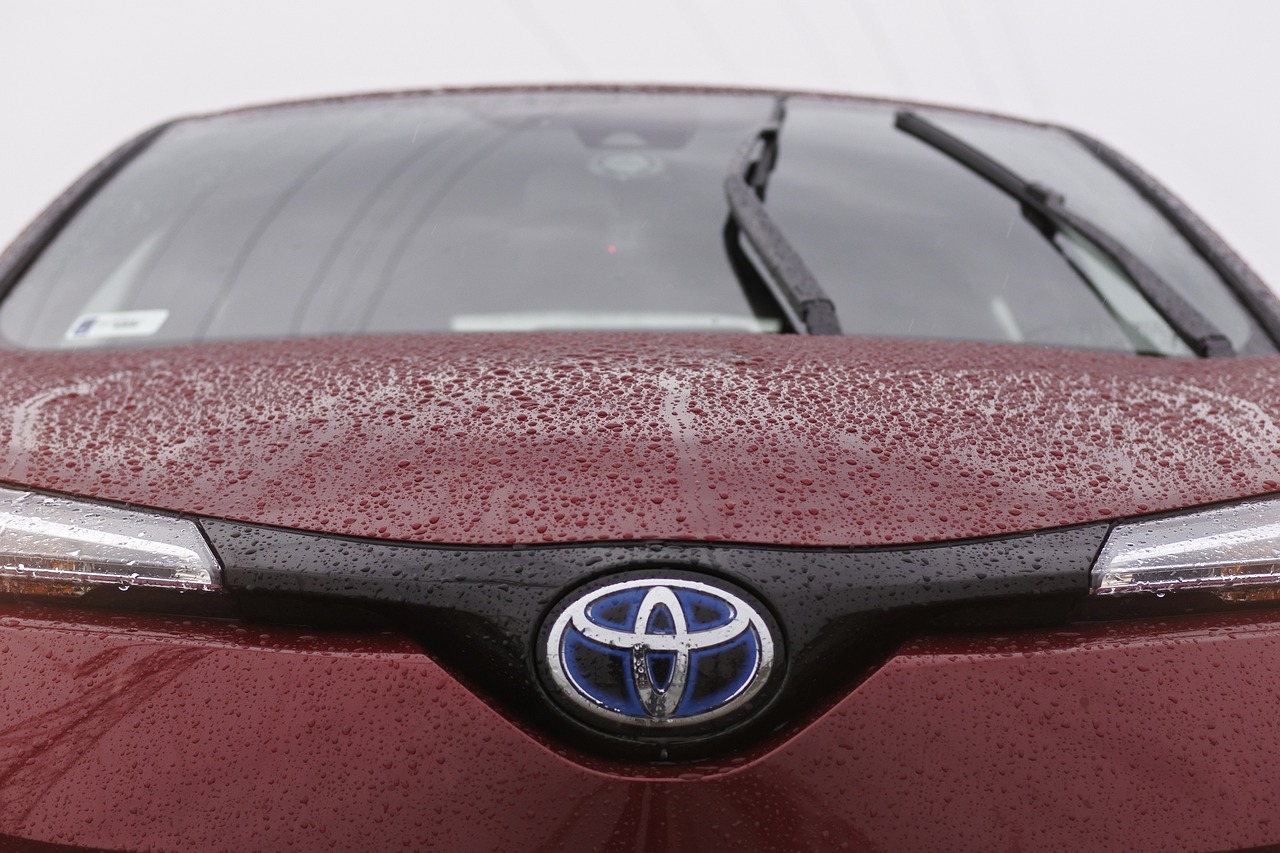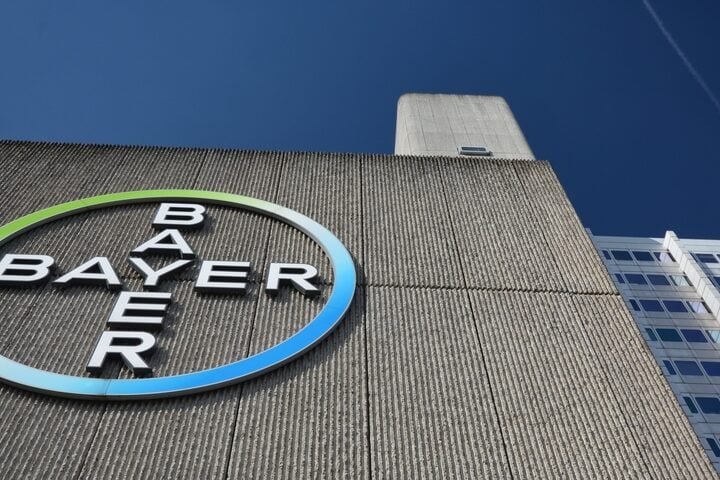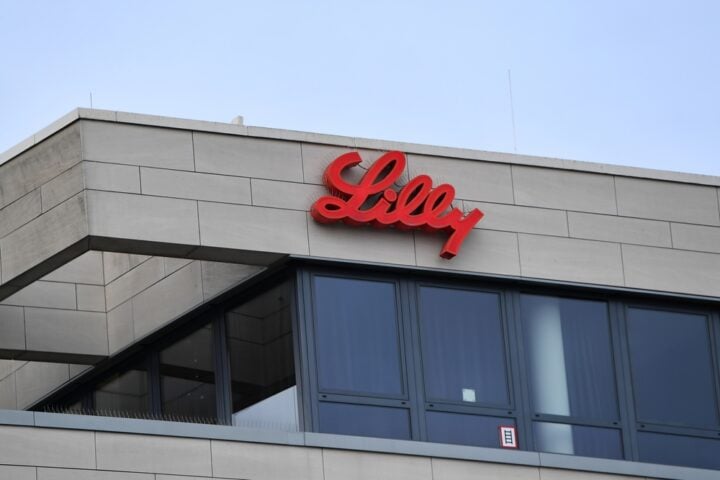Toyota Motor issued a stark warning Friday, cautioning that California-led mandates for electric vehicle (EV) sales, set to take effect next year, are “impossible” to achieve under current conditions. The regulations, part of the California Air Resources Board’s (CARB) Advanced Clean Cars II, mandate that 35% of 2026 model-year vehicles be zero-emission. Eligible models include battery-electric, fuel cell, and some plug-in hybrid vehicles (PHEVs).
Jack Hollis, chief operating officer of Toyota Motor North America, stated during a virtual media roundtable that forecasts from both public and private sectors indicate that meeting these targets is unrealistic. “Demand isn’t there,” Hollis said, expressing concern that the mandates could severely limit customer choices. “It’s going to distort the industry. It’s going to distort the business.”
Adoption Challenges
CARB’s regulations, which aim for 100% zero-emission new vehicle sales by 2035, have been adopted by 12 states and Washington, D.C.. However, few states are close to compliance. J.D. Power reports that only California (27%), Colorado (22%), and Washington (20%) have reached at least 20% EV/PHEV sales this year, while states like New York (12%) and New Mexico (5%) lag behind. The national average remains at a modest 9% through October.
Hollis warned that continuing with these aggressive mandates without adjustments will lead to “unnatural acts” within the automotive industry. Automakers are already directing more electrified models to compliant states, potentially skewing market dynamics.
Industry Response
Automotive insiders have echoed concerns about the feasibility of current EV mandates, with some experts noting that the issue requires attention irrespective of political outcomes. If left unchanged, Toyota believes the mandates will challenge automakers’ ability to align production with consumer demand, potentially reshaping the industry landscape.







